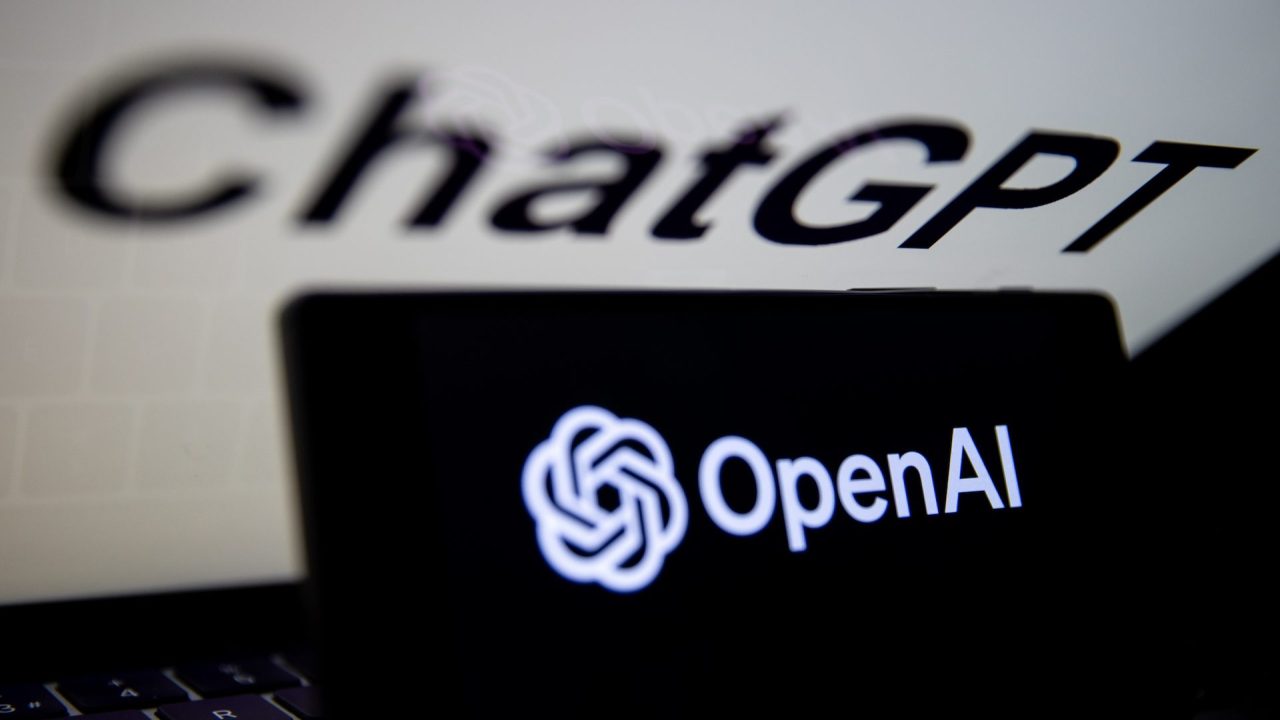The landscape of artificial intelligence and data privacy is undergoing a seismic shift, especially with the rise of generative AI technologies like ChatGPT. In recent weeks, Poland has stepped into the spotlight by opening an investigation into OpenAI’s ChatGPT following a GDPR complaint. This unfolding situation raises crucial questions about compliance with the European Union’s rigorous privacy laws and the implications this might have for the future of AI tools across the continent. As we delve into this investigation, we uncover essential dimensions that highlight a pivotal moment for data protection standards in the tech industry.
The Privacy Complaint That Sparked an Investigation
At the heart of the probe lies a complaint filed by privacy and security researcher Lukasz Olejnik. His accusations against OpenAI focus on several GDPR breaches concerning lawful data processing, transparency, fairness, data access rights, and privacy by design. Notably, he alleged that OpenAI failed to fulfill his requests for data correction and subject access — red flags that suggest potential mishandling of personal information.
GDPR Compliance: A Challenge for AI Developers
Data privacy regulations like the GDPR are designed to safeguard individual rights in an increasingly data-driven world. Yet, the complexity of these regulations poses significant challenges for AI developers. Specifically, the questions of transparency and accountability come to the fore when AI systems are trained on vast amounts of public data, often without explicit user consent. Failures in these areas can not only lead to investigations like the one unfolding in Poland but also create a ripple effect that could dictate how AI technologies evolve.
Regulatory Momentum Across Europe
The Polish authority’s decisive action mirrors growing scrutiny of AI technologies across Europe. This is not an isolated incident; similar investigations are underway in Italy and Spain, highlighting a broader regulatory landscape taking shape. The European Data Protection Board has set up a task force to assess these challenges and propose guidelines, indicating a unified stance among EU countries to uphold stringent data protection measures.
The Significance of “Privacy by Design”
One critical aspect raised in the Polish inquiry is the principle of “privacy by design.” This principle commands that privacy measures are integrated into technologies from the very outset, ensuring that user data is safeguarded throughout the data processing lifecycle. Given that generative AI models require robust training data, ensuring compliance with this principle will be paramount for developers looking to operate within EU jurisdictions.
OpenAI’s Strategic Response
In light of the scrutiny, OpenAI is not sitting idle. The company has announced plans to open an office in Dublin, a step indicating a strategic maneuver to streamline their regulatory processes in Europe. However, this move raises questions about whether its compliance measures are sufficient or if more foundational changes are necessary to align with GDPR standards across all jurisdictions.
The Broader Implications for AI Development
This investigation has significant implications for the generative AI landscape. If the Polish authority finds OpenAI in violation of GDPR, it could pave the way for stricter oversight and regulations affecting all AI developers. Compliance will not just be a matter of legal obligation; it could become a cornerstone for reputational integrity and consumer trust in AI tools.
Conclusion: The Path Ahead for AI and Privacy
The ongoing investigation into OpenAI’s ChatGPT is more than a legal challenge; it is a call to action for AI developers to uphold data privacy principles that align with societal values and expectations. As technologies evolve, so too must our frameworks for safeguarding individual rights. The future of AI development may very well hinge on how entities like OpenAI navigate the complexities of GDPR compliance in the face of growing regulatory scrutiny.
At fxis.ai, we believe that such advancements are crucial for the future of AI, as they enable more comprehensive and effective solutions. Our team is continually exploring new methodologies to push the envelope in artificial intelligence, ensuring that our clients benefit from the latest technological innovations. For more insights, updates, or to collaborate on AI development projects, stay connected with fxis.ai.

